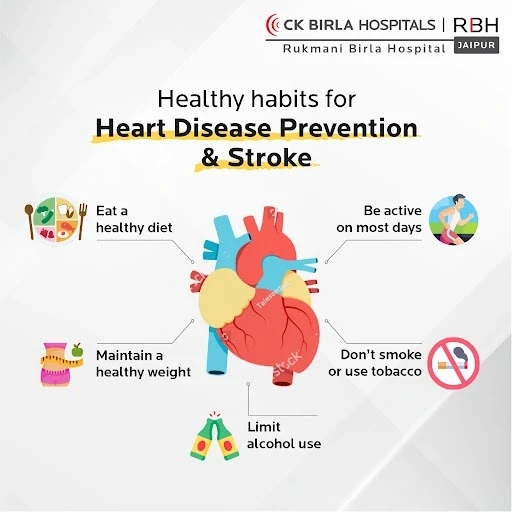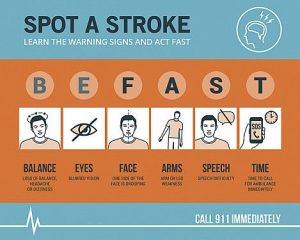
Heart disease is the leading cause of death for both men and women in the United States. It refers to several types of conditions that affect your heart, including coronary artery disease, heart attacks, heart failure, and arrhythmias. Understanding the risk factors and symptoms of heart disease is crucial for early detection and prevention.
Types of Heart Disease
Coronary artery disease occurs when plaque builds up in the arteries that supply blood to the heart. This can lead to chest pain, a heart attack, or even heart failure. Heart attacks, also known as myocardial infarctions, occur when a blockage cuts off blood flow to the heart. Heart failure is a condition where the heart cannot pump enough blood to meet the body’s needs. Arrhythmias are abnormalities in the heart’s rhythm, which can lead to palpitations, dizziness, or even sudden cardiac arrest.
Risk Factors for Heart Disease
There are several risk factors that increase your chances of developing heart disease. These include high blood pressure, high cholesterol, smoking, diabetes, obesity, a sedentary lifestyle, and a family history of heart disease. It’s important to be aware of these risk factors and take steps to reduce them through lifestyle changes and medical treatment.
Prevention Tips
There are several ways you can reduce your risk of developing heart disease:
Eat a Healthy Diet
Focus on eating plenty of fruits, vegetables, whole grains, and lean proteins. Limit your intake of saturated fats, trans fats, cholesterol, sodium, and added sugars.
Exercise Regularly
Engage in at least 150 minutes of moderate-intensity aerobic exercise or 75 minutes of vigorous-intensity exercise each week. Physical activity helps to strengthen your heart and improve circulation.
Maintain a Healthy Weight
Being overweight or obese can increase your risk of heart disease. Aim to achieve and maintain a healthy weight through a combination of diet and exercise.
Quit Smoking
Smoking is a major risk factor for heart disease. If you smoke, seek help to quit and avoid exposure to secondhand smoke.
Manage Stress
Chronic stress can take a toll on your heart health. Find healthy ways to manage stress, such as exercise, meditation, or therapy.
Get Regular Health Checkups
See your healthcare provider regularly for screenings and checkups. Monitoring your blood pressure, cholesterol levels, and blood sugar can help detect and manage any potential issues early on.
Conclusion
By understanding the risk factors and symptoms of heart disease, you can take proactive steps to reduce your chances of developing this serious condition. Incorporating healthy habits into your lifestyle, such as eating a nutritious diet, exercising regularly, maintaining a healthy weight, and quitting smoking, can significantly lower your risk of heart disease. Remember to prioritize your heart health and seek medical advice if you have any concerns or symptoms.

